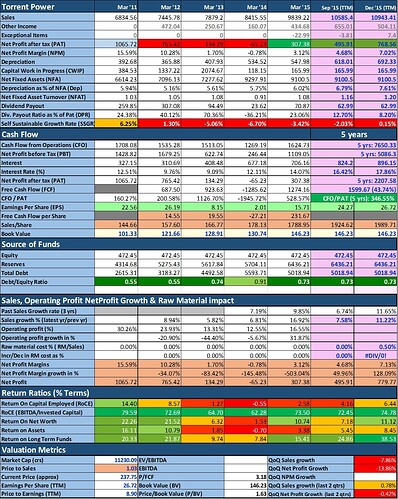Below is article for Business Line:
A gamble that Minister of State (Independent Charge) for Power Piyush Goyal took a year back –– of firing up stranded gas-based power plants with imported blue fuel –– has paid off. The latest round of subsidy-based auctions conducted by the Power Ministry to import and allocate gas for such plants saw nil claimants for the subsidy.
The Ministry has ended up saving ₹1,600 crore earmarked for subsidy support in the third phase of R-LNG e-auctions on Tuesday, since none of the nine participants bid for subsidy support from the Power System Development Fund (PSDF).
This prompted the Ministry to allow negative bids, under which the plants pay back to the government on every unit of electricity generated. The negative bids will take place on March 20.
This bidding mechanism envisaged providing the stranded plants with imported fuel while subsidy was provided to electricity distribution utilities to keep costs low.
The plants seeking the lowest subsidy were allocated the gas, which essentially places a premium on efficiency. On the latest development, PK Pujari, Secretary, Ministry for Power, told BusinessLine that “On Sunday, we will test how much support the plants want to forego.”
“While the guidelines allowed for negative bids, the MSTC e-platform did not have a provision for it hence the auctions being deferred,” he added.
Meanwhile, the R-LNG e-auctions for plants receiving some domestic natural gas, which were to be held on Wednesday, were scrapped after fewer than three bids were received. “Our understanding is that the plants are happy with the price and quantity of gas available and did not need PSDF support,” Pujari said.
Power Ministry officials indicated that the price of gas being offered to the plants under the scheme was $7.2-7.5/million British thermal unit (mBtu). The long-term contracted gas from RasGas, Qatar, stood at $6.25/mBtu today.
From April 1, domestic gas price is also likely to fall further by almost 15 per cent from the current $3.82/mBtu at gross calorific value (around $4.2 a unit net).
This is an indicator that the cost of electricity generated from the fuel has also come down; every dollar increase/decrease in gas price impacts electricity tariff by 45-50 paise a unit.

